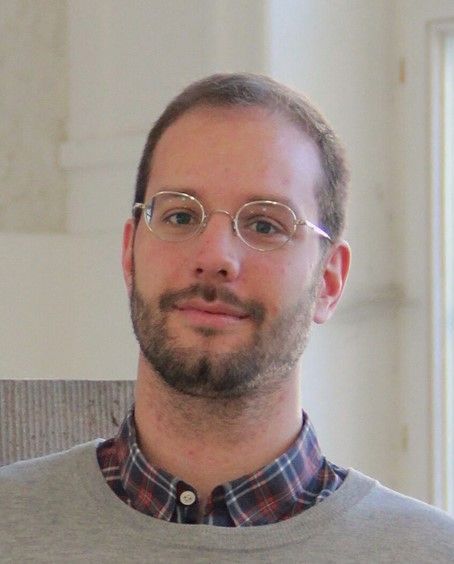Diploma and master theses ONGOING
Univ.-Prof. DDr. Kurt Appel
BRAUNGARDT Marvin
Fragility & fragmentarization.
The existence of Dasein as an in-between in Heidegger's conclusion
The question of the constitution of finite existence originates from the founding event of modernity. Nietzsche lets the great man proclaim: “Where has God gone? he cried, I want to tell you! We killed him, you and me! We are all his murderers!” The killing of the onto-theological God, the most incredible patricide in history, releases modern man into himself and into the questionability of being. The history of beings is released from its teleology and released into its error. The abyss of nothingness is breaking open and the dizziness of disorientation is gripping modern humanity. So the mad man asks: “Are we not wandering as if through an infinite nothingness?” The death of the onto-theological God challenges humanity to a self-founded foundation, the creation of an unshakable fundamentum. But this challenge of laying the foundation also provokes the question of where to begin? Martin Heidegger answers this question with the existential analysis of existence-in-the-world. Therefore, the first part of the master's thesis is dedicated to the reconstruction of the existential analysis of existence in the world in its average everyday life, which was worked out in Being and Time. The reconstruction will culminate in the existential decline of the man-self as a worrying absorption in the world and the coexistence with other existences. Starting from this foundationum, the question arises about the extraordinary “dynamis” of nothingness as a fundamental way of existence to bring about its existence. It is important to work out the connection between nothing and the opening of being. In this regard, reference should only be made to a significant passage from The Basic Concepts of Metaphysics. Heidegger writes: “Nothing is not the vain emptiness that allows nothing to exist, but the constantly repelling power that pushes into being and allows us to be powerful in existence.” Among other things, the rule of nothing is seen as the basic mode of existence can be developed by referring to the interpretation of fear in being and time. In reconstructing the interpretation of the state of fear, particular attention is paid to the inherent reference context of the breaking abyss of nothingness, the fragility of everyday, average being in the world, the throwback of existence into its isolation and ultimately to the real nucleus of the naked Dass respected. Here, a deeply modern (traumatic) experience emerges in being and time, because the abyss of nothing that breaks open in fear is not filled by a divine substance that reveals itself, but the abyss only releases people to the real nucleus of the naked existence of an isolated one existing existence in a destroyed world. The opening throwback of Dasein to the naked existence of being-in-the-world leads to the second part of the work, which is dedicated to an interrogation of Dasein with regard to its undisguised ontological constitution. Here I use the term fragmentarization, which characterizes existence in the interplay of withdrawal and excess, activity and passivity, hiddenness and unhiddenness, and which I use in relation to the relationship of existence to itself, to time, to truth and to being unfold commemorate. Through this I hope to finally achieve an interpretation of the existence of Dasein as in-between.


DRUJAN Anna
Embedded sensing
Thinking about knowing with Hegel and Heidegger
FABER Christian
God's kingdom in the kingdom of freedom. On the beyond contradiction of religious socialism in Paul Tillich and Otto Bauer
In addition to the Marxist criticism of religion as an ideology and thus as an element that secures power, another postulate of incompatibility seems to be the compelling argument against a productive symbiosis of emancipatory politics and faith: the question of place, time and means of liberation or Salvation. While Marxism emphasizes the unconditional autonomy of human action and the contingency of social conditions, which thus enable (even command) the realization of the kingdom of freedom in the here and now, the Christian history of faith assumes that complete redemption is only possible can actually take shape in the afterlife.
Unimpressed by this political-theological problem, groups and movements formed in Europe under the slogan of religious socialism. While the Association of Religious Socialists in Austria (1926) fought the concrete political struggle for the proletariat and at the same time wrote against the church's magisterial decisions that socialism and Christianity were incompatible, various avant-garde groups and associations were formed in Germany, which also participated in a symbiosis between the socialist ones and the Christian doctrine of humanity and society. The focus of this work is (the small) Otto Bauer for Austria and Paul Tillich for Germany. The extent to which the problem outlined above is solved in the theory and practice of religious-socialist groups is the subject of this work.
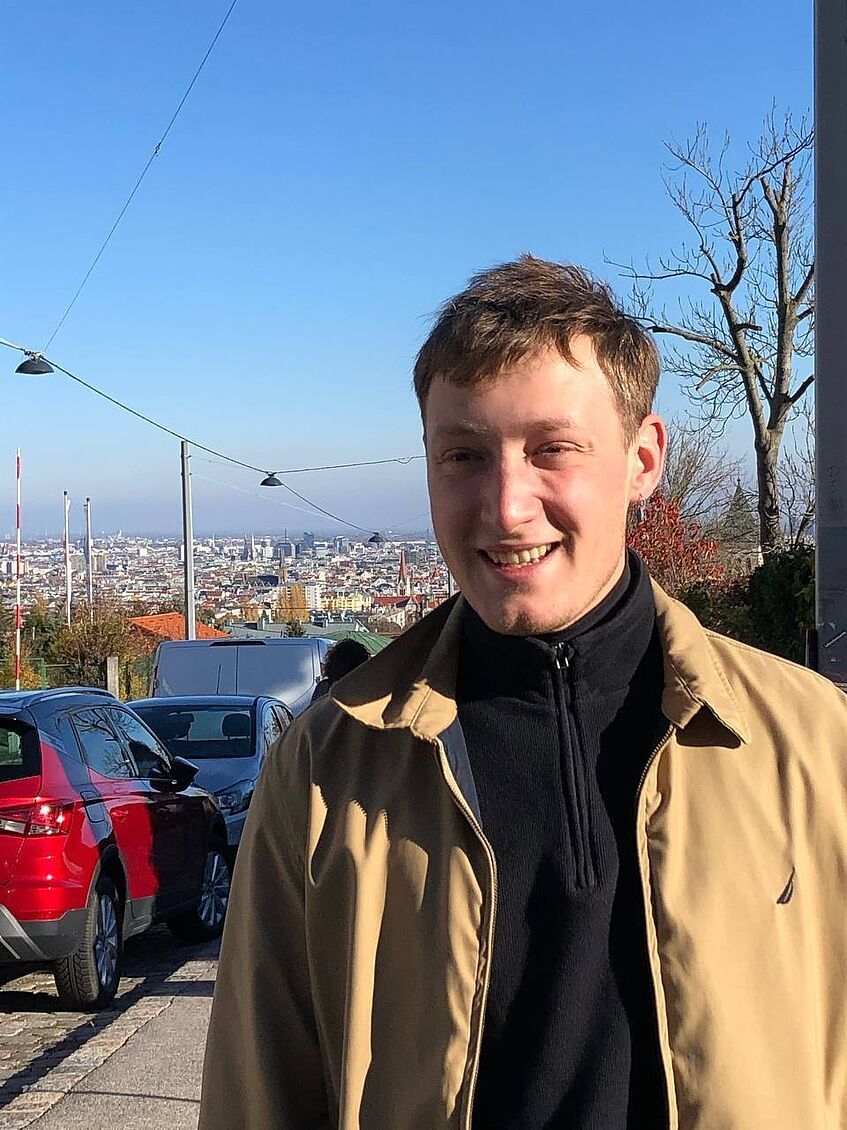
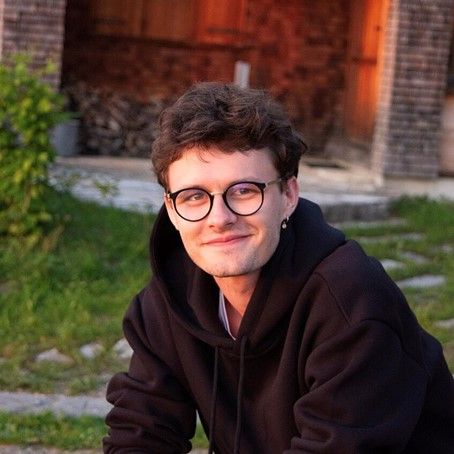
MEAT Adrian
Deleuze's excess
Reconstruction of a critical ontology of the transcendental
The term “excess” appears only sporadically in the work of Gilles Deleuze, but then at culminating points in his speculative ontology, such as the last sentences from Difference and Repetition (1992) listed above. The work proposed here attempts to systematically classify this term in his early work. The aim is to work out to what extent this term can be used to reveal transcendence as a derived ontological mode in Deleuze's system. Starting from Heidegger's re-reading of the Critique of Pure Reason from a fundamental ontological point of view, Deleuze's radicalization of Heidegger will be traced through the idea of univocity. In relation to the criticism by Alain Badiou (2003), the univocality of being as an idea should be interpreted in the sense of Deleuze's concept of ideas.
In a more precise definition of the relationship between univocity and the concept of diversity, Badiou's interpretation of Deleuze will be problematized and shown that the accusation of abandoning the claim of critical philosophy in the thinking of univocity is untenable. The dichotomy of implication and explication introduced by Deleuze should be contrasted with the alternative of excess and withdrawal. We take withdrawal from Heidegger, who uses it to describe the displacement of possibility through situational actualization. The term is intended to function as an affirmative substrate of phenomena that are traditionally (to a certain extent also in Heidegger) described negatively (cf. GΑ 9, 167 ff.). On the basis of this new conceptual mapping, an attempt will be made to grasp the concept of “transcendental empiricism” (TE) (e.g. Deleuze, 1992, 84).
For this purpose, the ambiguity in this creation of the term should be highlighted. Experience of excessive phenomena, for example from psychodelic, hedonistic or musical experimentalism, is TE only in a secondary, derived sense. The work of Georges Bataille could serve as an example to illustrate what is meant (but I would still have to get to grips with that. In a broader sense, a larger criticism of the phenomenological tradition could also be sketched out here). Originally ontologically, TE means: empiricism as the experience of a non-sensual experience, “in which perception and thinking are initiated in a shock-like manner by the sensation of what cannot be felt.” (Diefenbach, 552). This aphenomenal form of experience should be identified as an original (and a priori desexualized) excess, which forms the ontological basis for the search for the condition of the possibility of phenomenal experience in Kant's sense.
HAUPTMANN Maximilian
The repetition of reality
On the phenomenon of repetition in Gilles Deleuze's "Difference and Repetition" and Peter Handke's writing
The planned master's thesis is intended to show a connection between Gilles Deleuze's thoughts on repetition, as he formulates them primarily in the work "Difference and Repetition", and Peter Handke's work, with the focus of the work being on his novels up to "The Repetition" from 1986 becomes. Based on the seminar paper “It repeats itself, therefore I am? “The phenomenon of repetition in Gilles Deleuze's 'Difference and Repetition' and Peter Handke's 'Repetition'”, the planned work assumes that both Deleuze and Handke understand repetition as a strategy of perception. While Deleuze subjects repetition to a philosophical analysis, it becomes the predominant literary device in Handke's work. A comparison makes sense because both are demonstrably based on the writings of the Nouveau Roman. The group around Alain-Robbe Grillet, Nathalie Seurrat and Michel Butor have written a lot on the idea of a “new realism”. The characteristics of the Nouveau Roman include a criticism of metaphysical concepts, a radical language skepticism (language cannot explain, it can only describe) and a redefinition of the narrator as a subject open to the environment and dominated by language (and not dominating language). .

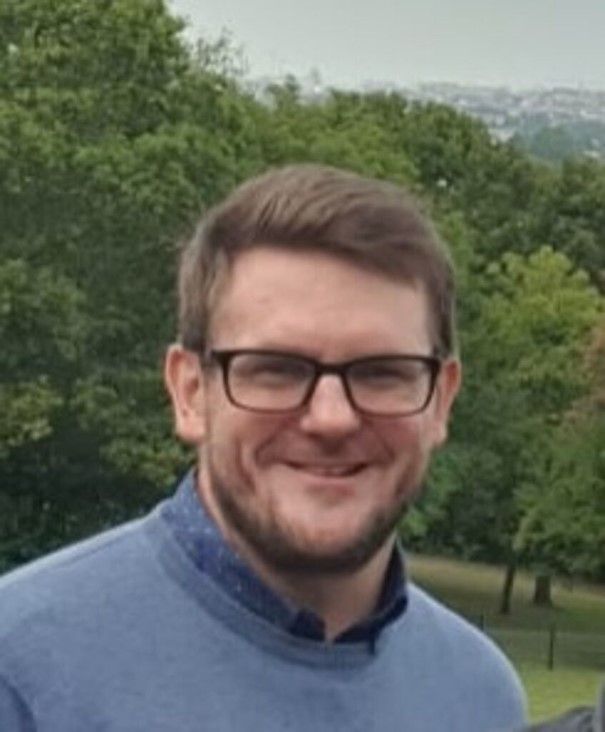
BOY Michal
Gottesfrage bei Slavoj Žižek
The diploma thesis "The Question of God with Slavoj Žižek" is intended to reveal the possibilities of learning for theology using Slavoj Žižek's three religious-philosophical works. The aim of the work is to uncover motifs in Žižek that are important for this learning and neglected in theology. This includes the motif of the fragility of the absolute, which can sensitize theology to the sensitivity to suffering that has been lost in the course of becoming theology.
Coriat Viola
"The beautiful soul"
Explorations of terms with a focus on Friedrich Schiller's philosophical writings

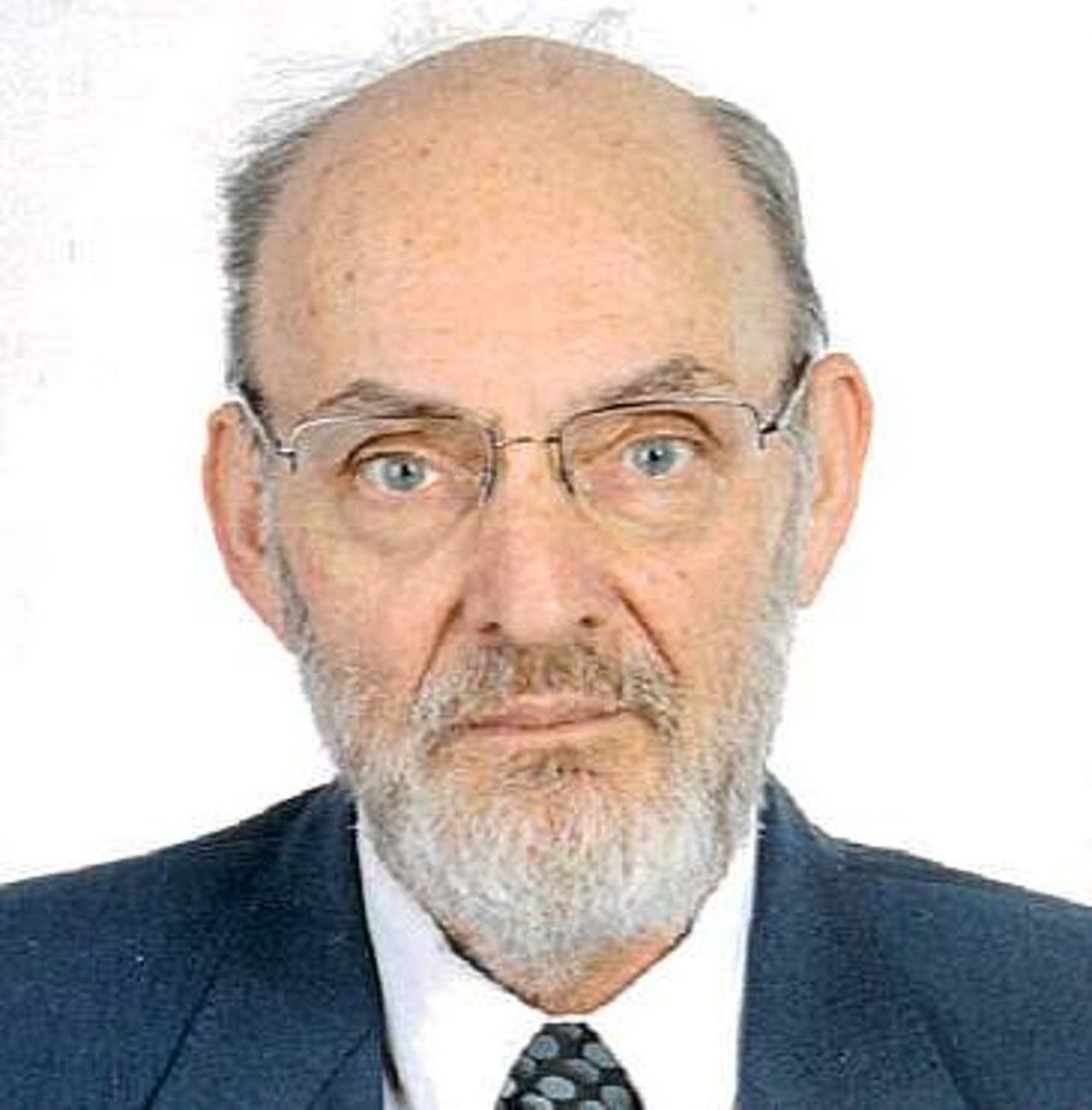
NEUWIRTH Josef
One World
Construction of universal history by Th. W. Adorno with reference to O. Spengler
Th. W. Adorno sees the essential elements of his philosophy of history in the formula "... of a history that extends to the whole, is uniform in itself and yet articulated at certain moments" by the US presidential candidate (1940) Wendell L. Willkie, which, with the involvement of K. Marx, G. Lukacs and W. Benjamin, is an examination of GWF Hegel's writings on the philosophy of history. What significance does the 15 references to the largely heavily criticized O. Spengler have in the lecture "On the Doctrine of History and Freedom" and the two in the "Negative Dialectics"? Although four universal historical positions and thus very different aspects come together, the focus should be on the relationship between the whole and the moments, from the general to the individual.
STRONG Tim
Anarchist Theory in the Works Franz Kafkas
Franz Kafka is undeniably one of the most important authors from Germany. Not only are his texts often read and received, but the person himself is also often discussed and researched. In this work, particular attention will be paid to the political side of Franz Kafka and his texts. The path to this leads through reading Kafka's prose, examining the author's political commitment and preparing the anarchist theory that the author was aware of. Last but not least, we look at Kafka's texts through the eyes of Gilles Deleuze and Felix Guattari, who provide us with a philosophical perspective on political anti-authoritarianism as well as on Kafka as a person and author.
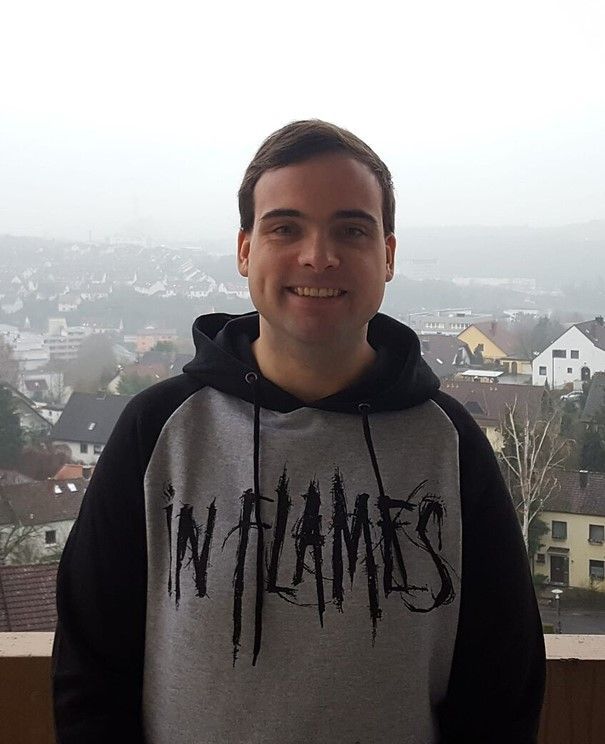
WARNECKE Irmela
Robert Brandom reads Hegel's Phenomenology of Spirit. From inferential semantics to linguistic normativity. Is Brandom's In the Spirit of Trust an innovative approach to interpretation with limitations?
In recent decades, representatives of analytic philosophy have used Hegel's arguments to open discussions in the areas of ontology, semantics and epistemology. As early as 1994, Robert B. Brandom built his own closed systematic theory on meaning, reference, intersubjectivity, normativity, objectivity and knowledge, which contained a functionalist re-foundation of language and concepts under the label inferential semantics. According to his own statements, he found the key to crucial cornerstones of his pragmatics (recognition) and his semantics (interference) at a later date in Hegel. In Brandom's philosophical attempts at explanation, the focus is on language and social practice, the actions of the competent speaker, and thus semantics and pragmatics. The meaning of a linguistic expression is based on its inferential position in a logical network of inferential contexts within other linguistic expressions.
The master's thesis will focus on the following questions. With In the Spirit of Trust (2019/2021), has Brandom succeeded in creating an independent, equivalent, innovative reinterpretation of the phenomenology of spirit? Can the Hegelian concept of the conceptual be adequately represented by the inferential theory of meaning, by semantic inferentialism?
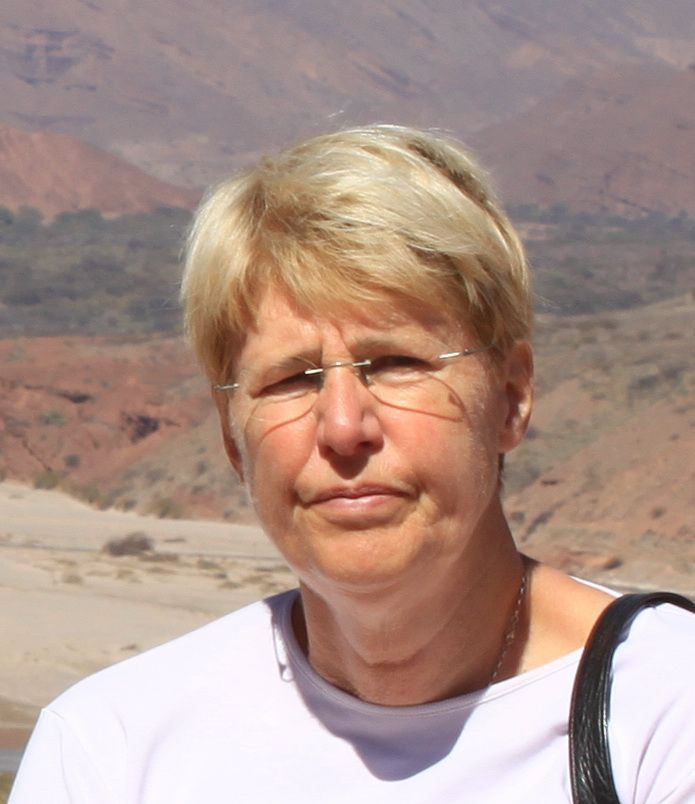
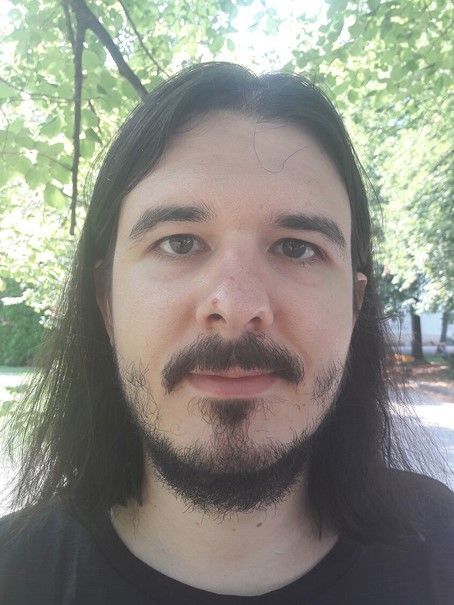
WEINGARTSHOFER Marian
Jean Wahl and Gilles Deleuze - from Kierkegaard to Nietzsche?
Attempts to determine the ratio
WESTREICHER Johannes
Infinite time of desire
An Examination of Diachrony in the Philosophy of Emmanuel Levinas
Death turns out not to be the possibility of the impossibility, but rather, diametrically opposed to this, the impossibility of the possibility. In the face of death, the subject experiences himself as absolutely passive. As a horizon that cannot be crossed, death does not equal the annihilation of all meaning, but opens up to the spirit the dimension of something unavailable (the other, the absolute).
Levinas begins to develop the ethical relationship to the other person at the apex of the interiority of the subject who sits down and this experience of exposure, which is characterized by the encounter with an exteriority.
